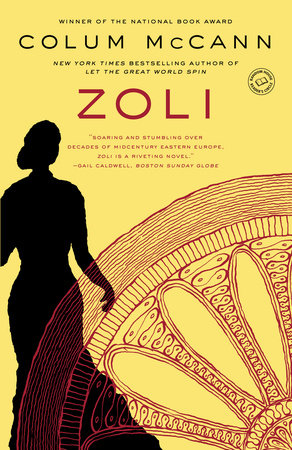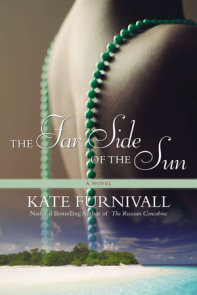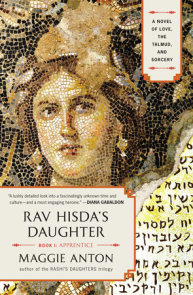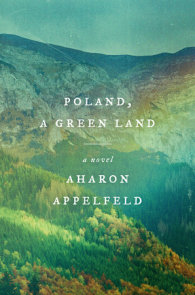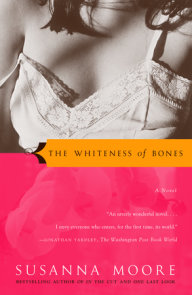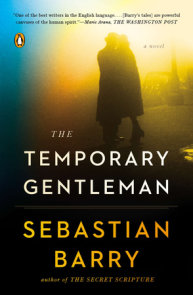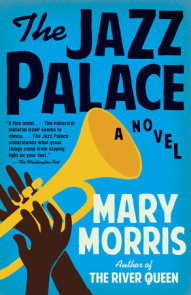READERS GUIDE
Questions and Topics for Discussion
1. Many Romani scholars have argued that the portrayal of Gypsy communities in the mainstream media is partly responsible for ongoing negative stereotypes. McCann opens the novel from the point-of-view of a journalist who seems to be sympathetic toward Zoli, but as the novel progresses the journalist’s attitude seems to be benign but superficial. What does the journalist represent?
2. What do we, as readers, learn on a deeper, more substantial level about the life of the Roma from Zoli’s story?
3. Zoli’s story–even when raw and terribly sad–is told in smooth, bold, simple strokes, almost as if she is whispering in our ears. The Roma are known for having a predominantly oral culture. How much do you think that Zoli (and, by extension, the author) value the art of intimate storytelling?
4. Zoli is asked by a little girl how she can be both “on” the radio and on the road at the same time. “But something lay behind it, Zoli knew, even then: both places at once, radio and road, impossible alongside the other” (p. 151). How can old traditions survive in the modern world?
5. In the 1940s and ’50s, Zoli becomes a poster girl for socialism. But then the socialists try to put her and her whole culture in the “Gypsy jam jar” (p. 119). As a result, her own people blame her for what happens. Soon, she is betrayed on all sides. Is Zoli a prophet of sorts? Are prophets inevitably doomed to banishment?
6. Stephen Swann falls in love with Zoli. At times he believes that the love is fully requited, but is he just deluding himself? Is he a reliable narrator?
7. “We had interrupted her solitude in order to compensate for our own,” says Swann (p. 128). Why does Swann feel so lonely and outcast before Zoli’s banishment? Is he a forerunner of a certain type of international wanderer? Is he at heart, ironically, what some people might have called a “gypsy”?
8. Is Zoli a poet or a singer? Or are they the same thing?
9. When McCann first embarked on this novel he says he knew “little or nothing” about the Romani culture. What was your own experience of the Gypsy way of life? Has it changed now after reading the novel?
10. Not the least of McCann’s achievements is the realism of the voices of his characters. How does he achieve the verisimilitude?
11. “One always loves what is left behind,” says Zoli (p. 258). Is our view of Romani life solely based on some sentimental folk memory of something that does not exist anymore? Will ignorance prevent the embrace of true cultural diversity? Or will memory and/or poetry carry it through?
12. This epic story encompasses the twentieth century’s battles with fascism and communism and idealism. Yet it comes back to the fundamental search for home. How much do the politics of our times define where our true homes are?
13. The epigraph quotes Tahar Djaout: “If you keep quiet, you die. If you speak, you die. So speak and die.” How much faith or strength do you think Zoli would put in these words?
14. Zoli says “I still call myself black even though I have rolled around in flour” (p. 277). What do you understand her to mean by this?
15. Zoli triumphs in Paris. It is a small, personal triumph, a journey toward joy. Will that joy extend itself through the rest of her days? Do you think her poetry will now be rescued and sung by others? What happens to Zoli after the final page?







